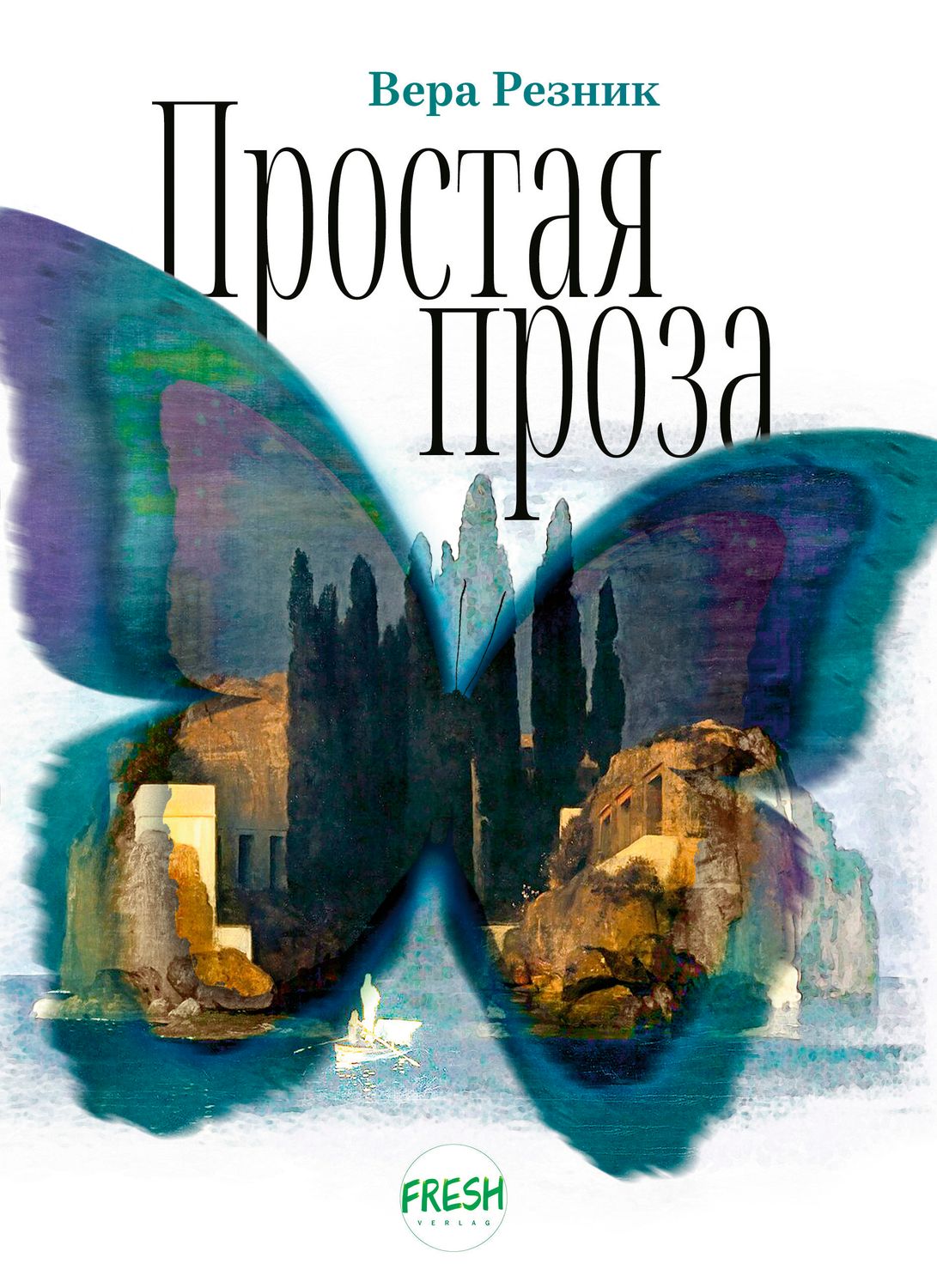Вера Резник – переводчик, литератор, преподаватель. Она переводила Ортегу-и-Гассета, Хорхе Луиса Борхеса, Мигеля де Унамуно, Хорхе Гильена, Октавио Паса, Умберто Эко и других авторов. Дважды входила в число финалистов Премии Андрея Белого, а также была номинирована на премию «Ясная поляна». Книга «Простая проза» написана прекрасным, необычайно спокойным и обстоятельным языком, и она не так уж проста, как заявлено в ее названии. Банальные на первый взгляд сюжеты не обходятся тут без толики абсурда и фантасмагории. По выразительности и наблюдательности, по умению уловить и описать самые неуловимые ощущения, состояния человека, самые мимолетные мысли прозу Веры Резник можно было бы сравнить с книгами Набокова — но при этом они написаны безо всякого подражания, своим голосом. На внешнем плане в этих повестях и рассказах не происходит никаких ярких событий, подвигов и катастроф — обычная спокойная жизнь, обыденные дела, но на внутреннем плане идут такие головокружительные приключения воображения и памяти, что наблюдение за ними отправляет читателя в волшебное таинственное путешествие.
The author of this book is a teacher and literary translator who has shaped herself in the process of translating from Miguel de Unamuno, José Ortega y Gasset, Umberto Eco and other famous writers as an independent and autonomous prose writer. The story is not so rare. The book offered to the reader is essentially traditional prose, but written in the age of postmodernism, it is easy to read, but not as plain as the book's title claims. The language of this ‘plain prose’ undoubtedly bears the stamp of time. The stories ‘Something about Petrov’ are written with an eye on the St. Petersburg tradition, in which, since the time of Gogol, banal plots are not without a touch of absurdity and phantasmagoria. The subject of the image in them becomes an adventure or an episode of everyday existence of the hero with the usual surname Petrov. The point, however, is that any simple episode in the life of this Petrov is eventually transformed into a stage of spiritual fate. The narrative, entitled ‘People, Animals, and Outside Nature,’ is made up of episodes of country life of a married couple of urban professors. Each story, half a page in size, is a kind of cinematic shot, trying to turn, as Nabokov said, the reader into a spectator, a kind of brief social, psychological, but most of all aesthetic characterisation. Written very recently and standing alone, the six stories have a similar structure, with the difference that these narratives clearly bear the stamp of the dark and difficult times we are living through.
